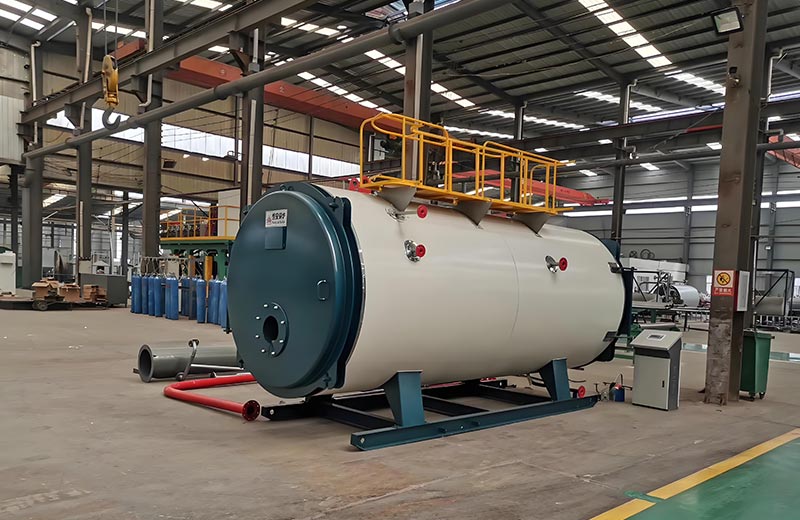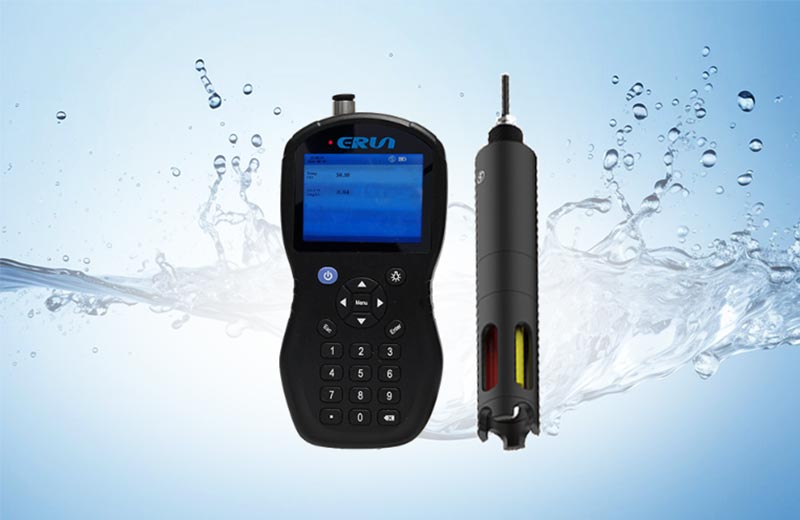The stability and safety of steam boilers are directly related to the production efficiency and benefits of enterprises. Among them, the control of feed water quality is crucial for ensuring the efficient and safe operation of boilers. This article will focus on the standards for chloride ion content in steam boiler feed water, control methods, and chloride ion testers.

Chloride ions (Cl⁻) are one of the common impurity ions in feedwater, and their impact on steam boilers cannot be underestimated. Excessive chloride ion content can lead to:
1.Increased corrosion: Chloride ions accelerate the corrosion of metallic materials, especially for the heating surfaces and pipelines of the boiler, increasing the risk of leakage.
2.Deposit formation: Reacting with calcium and magnesium ions inside the boiler, they form insoluble salts, exacerbating scale formation and affecting heat transfer efficiency.
3. Decreased steam quality: Chloride ions carried by steam to the steam-using equipment may have adverse effects on subsequent production processes.
According to relevant standards such as GB/T 1576-2018 Industrial Boiler Water Quality, the control standards for chloride ion content vary for different types of steam boilers:
- For steam boilers with rated steam pressure ≤1.6 MPa, the chloride ion content should be ≤500 mg/L.
- For steam boilers with 1.6 MPa < rated steam pressure ≤2.5 MPa, the chloride ion content should be ≤300 mg/L.
- For high-pressure steam boilers with rated steam pressure >2.5 MPa, stricter requirements apply, and the chloride ion content must be below 150 mg/L.
1.Pre-treatment: Softening, reverse osmosis, ion exchange and other technologies are adopted to effectively reduce the chloride ion content in feed water.
2. Regular testing: Portable water quality analyzers are used to regularly test the chloride ion content in feed water and boiler water to ensure compliance with standards.
3. System maintenance: Regular cleaning and inspection of the boiler system are carried out to prevent the accumulation of chloride ions.
The portable chloride ion analyzer ERUN-SP8-ASC-C4 produced by Yingrun Environmental Protection is composed of a portable host and a chloride ion sensor (suitable for electrode method detection). It utilizes the characteristic that chloride ions have absorption peaks and emission peaks in the spectrum. By emitting a specific wavelength of monochromatic light onto water, the chloride ions in the water absorb the energy of this monochromatic light and release another wavelength of monochromatic light. The intensity of the emitted light from chloride ions is directly proportional to the content of chloride ions in the water. The instrument has a measuring range: chloride ion (CL-) : 3~1000 mg/L; resolution: 0.01 mg/L. It is widely used in industries such as water treatment, environmental monitoring, food safety, chemical production, and marine research.

The control of chloride ion content in steam boiler feed water can effectively avoid the negative effects of chloride ions by strictly enforcing national standards, taking effective pretreatment measures, strengthening water quality monitoring and system maintenance, ensuring the efficient and stable operation of steam boilers, and providing reliable support for industrial production. At the same time, a boiler water chloride ion detector can provide better services for water quality monitoring.